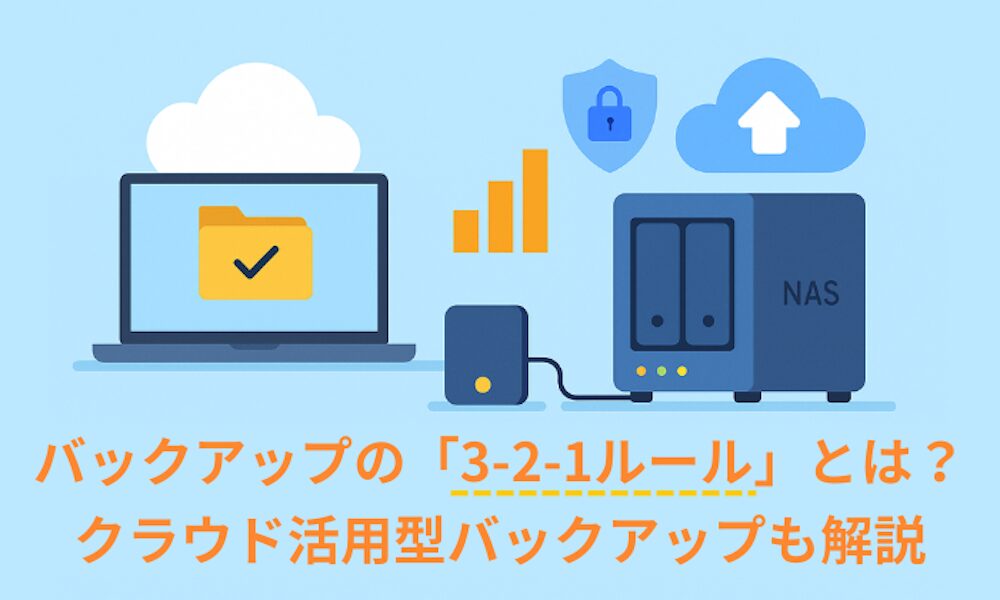The medical world today relies largely on electronic medical records. For many medical establishments, the days of relying solely on paper-based records are gone - and for good reason. Interest in the cloud has been ever-increasing, and in this article, we’ll explore why. What is cloud culture like in Japan? How popular is the cloud in the medical industry? And why the sudden spotlight on the medical cloud?
The Rise of the Medical Cloud
Electronic medical records have become so commonplace that new medical establishments rarely consider more outdated paper-based options. This said, how many medical institutions overall have actually migrated all data to the cloud? According to recent statistical surveys, this number is a surprisingly low 10%.
However, it’s important to note that there is a rising interest in cloud computing. This same statistical survey reported that roughly 40% of medical institutions responded that they plan to invest in cloud services at some point in the future. As cloud technology becomes increasingly advanced, it is likely that we will see the medical industry migrate all information to the secure cloud.
The Benefits of Cloud Storage for the Medical Industry
It is no wonder that interest in the cloud continues to rise – its services come with a wide range of benefits. With cloud computing, a large amount of data can be stored at a low cost and capacities can be scaled easily to accommodate any data increase. In recent years, the images from CT scans have advanced in quality, therefore increasing data usage, and without the cloud, this can mean bigger expenses. When relying solely on an on-premise server, institutions will need to pay significantly more for larger data servers. With the cloud, however, users can scale up to a larger data capacity for a much lower cost and with more ease.
Without the cloud, there is also a high risk of medical records being destroyed in the event of a natural disaster. Cloudized information, however, can completely avoid this risk.
Cloud Adoption in the Medical Industry
As previously mentioned, while usage of the cloud is low, cases of introduction are increasing nationwide. More medical personnel are becoming aware of its benefits, specifically its convenience and cost reduction. Many find the idea of the cloud appealing because it can be accessed from anywhere, and this means doctors can work from home. Tasks like diagnostic imaging can be performed away from the office, and this will allow doctors more time to care for their children.
Security of the Medical Cloud
Those without a decent knowledge of the cloud may be hesitant to migrate due to security concerns. It should be noted, however, that problems previously had with the cloud are being resolved rapidly across the industry. Most providers offer cloud services with strict security measures in place, and the technology available to respond to cyber attacks evolves day by day.
In addition to this, Japan has established clear security guidelines for the medical cloud. The number of services that comply with these guidelines continues to increase. It will be interesting to see how the medical cloud evolves, and watch as more institutions embrace the system.
Click here for Tsukaeru’s Cloud Backup, a popular cloud service complete with ransomware protection, DR and BCP measures, and all-around high security. It has also been lauded for its ease-of-use, so give it a try!















